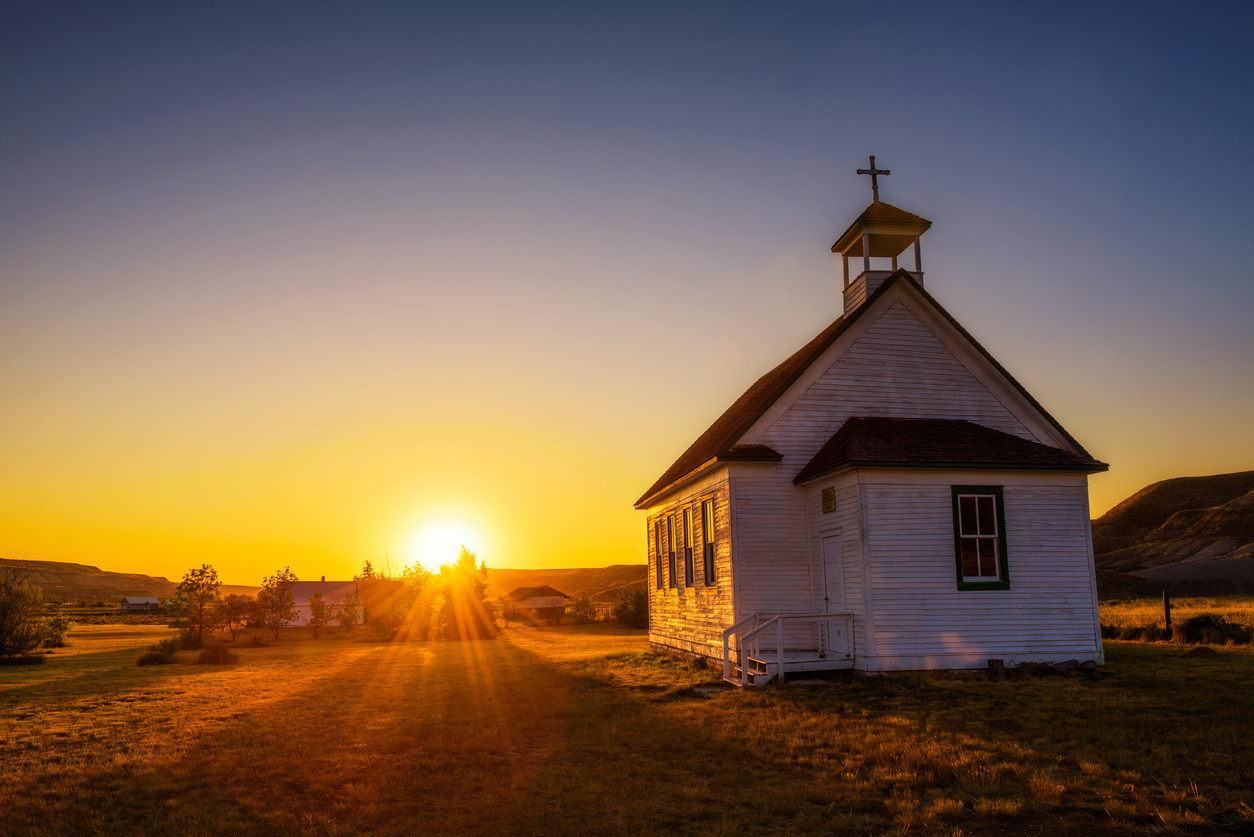Terrett v. Taylor, 13 U.S. 43 (1815), was one of the most important cases the Supreme Court issued in the 19th century relative to church-state relations.
Although the court did not specifically cite the First Amendment’s protection of religious liberty, which did not apply to the states at the time, it found that laws divesting religious corporations of their rightful property were improper.
Government claimed it owned lands given to church
Vestrymen of the Episcopal church of Alexandria, Virginia, asserted their desire to sell glebe lands (church-owned property from which rent was collected for the benefit of clergymen) that were being claimed under an 1802 Virginia law by Terrett and others who oversaw aid for the poor in Fairfax County.
The Episcopal Church had been the official church of Virginia during the colonial period, and the state had granted it lands and tithes in addition to those that its own members had donated. The Virginia Declaration of Rights had later highlighted religious liberty in 1776.
A 1784 law had “incorporated” the Episcopal Church, but an act of 1786 had repealed the law and granted the Episcopal Church the same status as other denominations. In 1798 Virginia adopted a law repealing prior state gifts of property to the church. In 1801 the legislature had decided only to sell vacant glebe lands, like those alleged to be at issue in this case.
Court: Episcopal church had vested right to property
Writing for the majority, Justice Joseph Story relied on “the principles of natural justice, upon the fundamental laws of every free government, upon the spirit and the letter of the constitution of the United States, and upon the decisions of most respectable judicial tribunals.”
Recognizing that Virginia had disestablished the church and provided for “the free exercise of religion,” Story argued that this did not prevent it from incorporating religious bodies. When it did so, it vested them with “an indefeasible and irrevocable title” to their property. The laws Virginia adopted in 1798 and 1801 could not have “decisive authority” over such property in light of these vested rights. The property thus remained that of the Episcopal church of Alexandria.
Justice Story rendered a decision on a similar case involving Vermont in Pawlet v. Clark (1815).
John Vile is a professor of political science and dean of the Honors College at Middle Tennessee State University. He is co-editor of the Encyclopedia of the First Amendment. This article was originally published in 2009.

